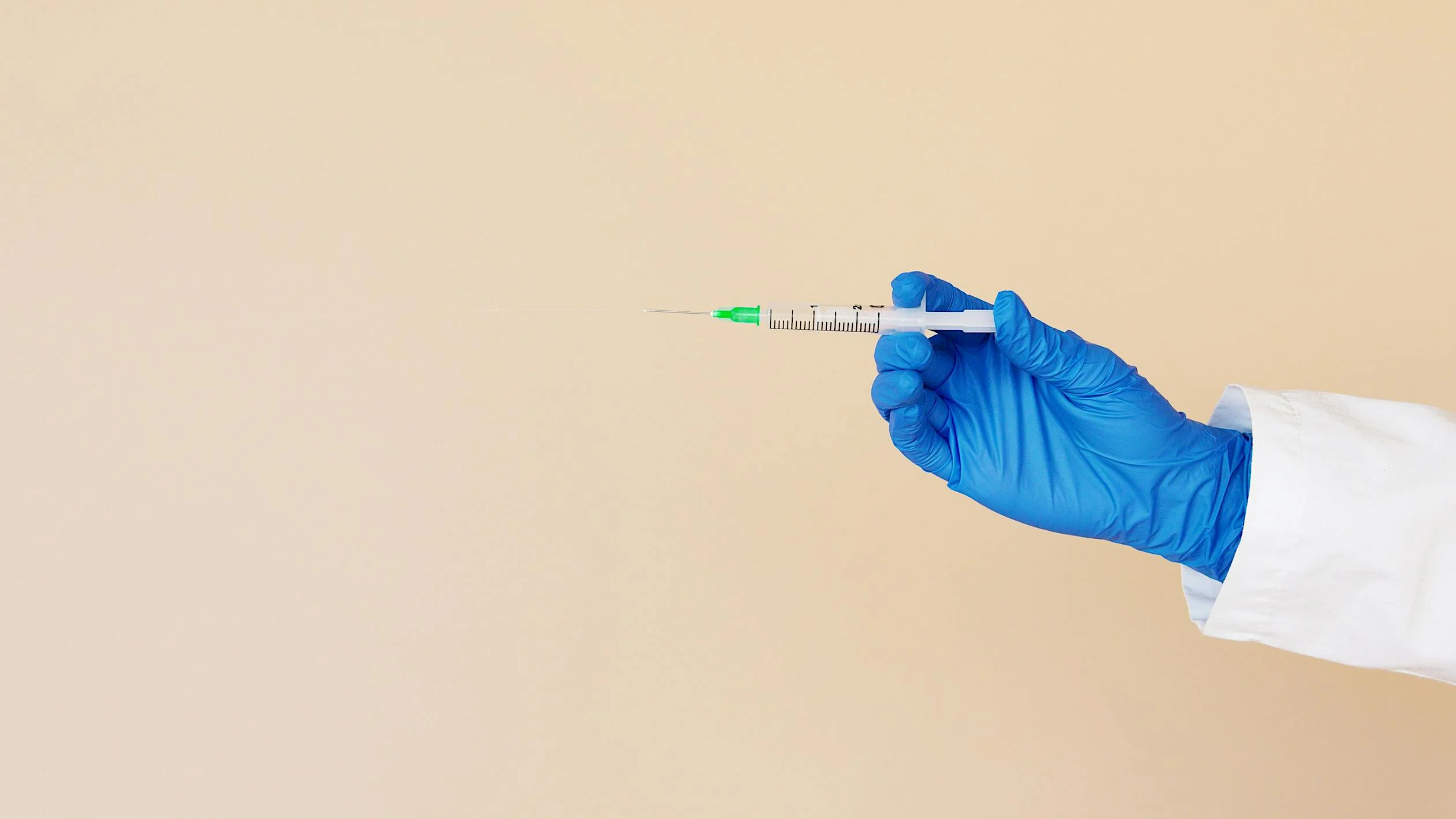-
Dogs & Puppies
-
Cats & Kittens
-
Other Pets
-
Shelters & Rescues
-
Guides & Resources

Ensuring that your pet dog is properly vaccinated is one of the most crucial aspects of responsible pet ownership. Vaccinations help protect your furry friend from various potentially deadly diseases and also prevent the spread of these diseases to other animals and humans. Here's a comprehensive guide to the mandatory vaccines that pet dogs need to receive.

The rabies vaccine is legally required in many countries and regions due to the fatal nature of the disease and its ability to spread to humans. Rabies is a viral disease that affects the central nervous system, leading to neurological symptoms and death. Puppies typically receive their first rabies vaccination at around 12 to 16 weeks of age, with a booster shot one year later. After that, they may need a rabies booster every one to three years, depending on local regulations.
Canine distemper is a highly contagious viral disease that affects a dog's respiratory, gastrointestinal, and nervous systems. The distemper vaccine is usually given as part of a combination vaccine known as DHPP (Distemper, Hepatitis, Parainfluenza, and Parvovirus). Puppies receive this vaccine in a series of shots starting at 6 to 8 weeks of age, with boosters every three to four weeks until they are 16 weeks old. Adult dogs need booster shots every one to three years.

Canine parvovirus is a highly contagious and potentially fatal disease that affects the gastrointestinal tract of dogs. Symptoms include severe vomiting and diarrhea, often leading to dehydration and death. The parvovirus vaccine is included in the DHPP combination vaccine. Puppies receive the initial series of shots, followed by regular boosters.
Canine adenovirus type 1 (CAV-1) causes infectious canine hepatitis, a severe disease affecting the liver, kidneys, and eyes. The adenovirus vaccine is also part of the DHPP combination vaccine. Vaccination helps protect dogs from this potentially fatal disease and is administered along with the other core vaccines.
Canine parainfluenza virus is one of the causes of kennel cough, a highly contagious respiratory disease. The parainfluenza vaccine is included in the DHPP combination vaccine, helping to prevent this uncomfortable and sometimes serious illness. Like other core vaccines, it is given to puppies in a series and then as regular boosters.

While the above vaccines are considered mandatory or core vaccines, there are other non-core vaccines that may be recommended based on your dog's lifestyle, environment, and risk factors. These include:
- Bordetella bronchiseptica (Kennel Cough) Vaccine: Often required for dogs that spend time in boarding kennels, doggy daycares, or grooming facilities.
- Leptospirosis Vaccine: Recommended for dogs that are exposed to wildlife or bodies of water, as leptospirosis is a bacterial disease that can be transmitted through contaminated water.
- Lyme Disease Vaccine: Advised for dogs living in areas where ticks are prevalent, as Lyme disease is transmitted through tick bites.
- Canine Influenza Virus (CIV) Vaccine: Suggested for dogs at high risk of exposure to the flu virus, such as those in boarding facilities or dog parks.

Vaccinating your dog is essential for their health and well-being, as well as the health of other animals and humans they may come into contact with. By keeping up with the mandatory vaccines and consulting with your veterinarian about any additional non-core vaccines, you can ensure your furry friend leads a long, healthy, and happy life. Always follow your veterinarian's advice and adhere to the recommended vaccination schedule to provide the best protection for your pet.